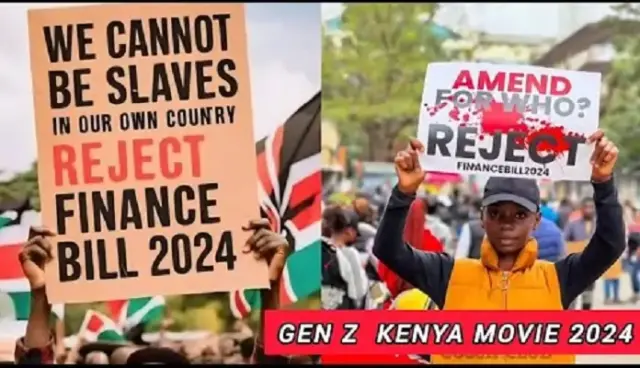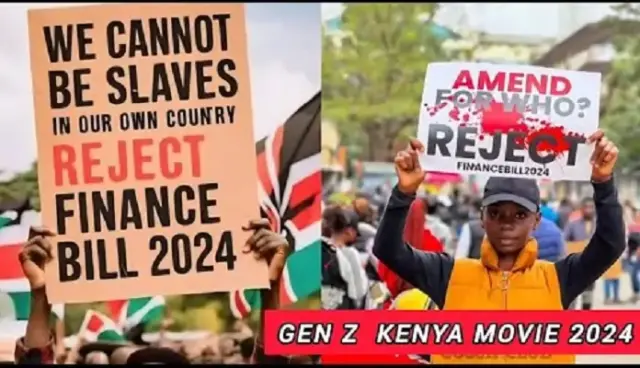
The American credit rating firm, Moody’s, has rated the Kenyan government at Caa1 – a drop from the B3 level – after it announced foregoing revenue-raising measures in the Finance Bill 2024.
- The downgrade was occasioned by the government’s plan to raise the fiscal deficit to 4.6% of the GDP – prompting Moody’s negative outlook in Kenya’s debt stability.
- To pacify the intense protests by young people across the country last month, the government announced it had dropped the Finance Bill 2024 and introduced some expenditure cuts.
- However, Moody’s believes that slashing expenditure by more than KSh 170 billion will weaken Kenya’s credit-worthiness in international markets.
“In particular, slower fiscal consolidation would risk constraining external funding options even more, including diminishing support from multilateral creditors which have been the largest source for external financing since 2020,” Moody’s reported.
The Finance Bill 2024, which aimed to raise about KSh 346 billion, was in line with the IMF conditions for financing about US$ 976 million in the fiscal year ending 2025. Delays in IMF funding would mount pressure on the government to rely on domestic borrowing for its budgeted needs.
“A tightening of domestic financing conditions would result in higher borrowing costs and the shortening of the average maturity of Treasury Bonds, increasing rollover risk. Over time, an increase in borrowing costs would worsen Kenya’s interest burden, necessitating a larger fiscal adjustment to stabilize debt,” the report stated.
– Advertisement –
Between 2021 and 2023, Kenya’s external funding was limited and multilateral creditors swooped in as ‘lenders of last resort’. The money they provided was pegged to unpopular tax hikes that the government regarded necessary.
Despite the government’s plan to introduce austerity measures on both recurrent and development spending, Moody’s believes it would not be easy to achieve this. Kenya has been ranked as one of the countries most prone to external shocks that would necessitate increased spending. These include crop failure and natural disasters.
– Advertisement –
Moody’s reports that Kenya’s interest-to-revenue ratio will increase to 33% leading to deeper fiscal woes. Kenya’s Local Currency (LC) ceiling was lowered to B1 from Ba3, while the Foreign Currency (FC) ceiling was downgraded to B2 from B1. The analyst’s report mentions that the government needs revenue-based fiscal consolidation as opposed to slight expenditure reductions.
The Kenya Revenue Authority (KRA) increased collections by 9.5% Year-On-Year in its latest report. However, it fell short of about KSh 250 billion signalling that while revenue can be projected, its actual collection barely suffices. Kenyans’ opposition to the tax hikes in the Finance Bill were also valid indicators of the hardships that could not just be brushed aside.
Raising revenue is not going to be easy for the government as the business environment suggests. Massive layoffs and enterprise closures occasioned by higher taxes will defeat the goal in the long run. There is also deep distrust of the government’s capability to stem wastage and corruption.
Read the Original Article on https://kenyanwallstreet.com
Kenya’s Credit Rating Downgraded after Finance Bill Collapse










